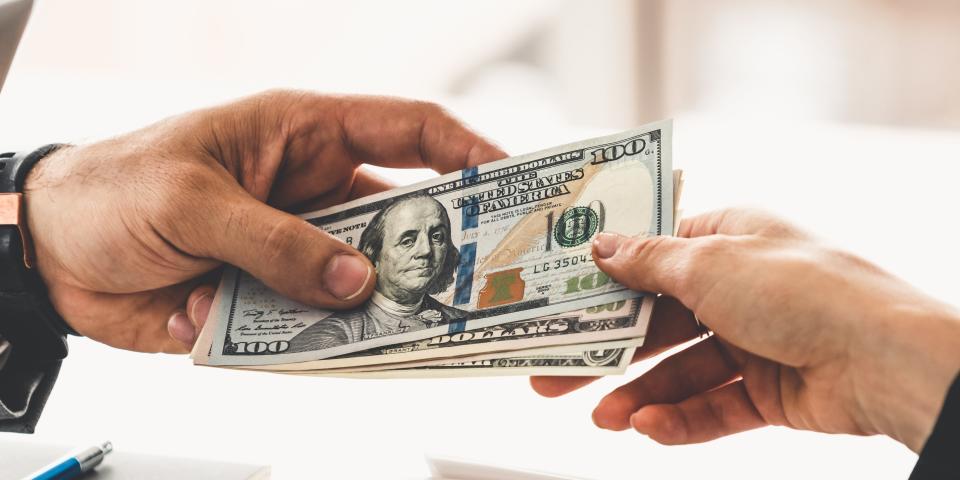Here's what investors can do to protect themselves as banking turmoil continues to ripple through markets, according to Barclays

After SVB's collapse, fears of a wider financial crisis stoked a sell-off in regional bank stocks.
Barclays said defensive sectors helped mitigate losses and recommended investors stay with cash.
"Like many of our clients, we found ourselves sitting on the wrong side of the Banks trade this week."
In a little more than a week, three US banks collapsed and a $30 billion rescue plan was created to save another lender, but sticking with cash and defensive stock sectors are solid options for investors as turmoil persists, Barclays said.
Investors, depositors, regulators and company executives were shaken up by the abrupt failures of Silicon Valley Bank, Signature Bank and Silvergate Bank. And as the resulting sell-off engulfed US regional bank stocks, First Republic Bank landed a $30 billion lifeline from Wall Street banks on Thursday.
Fears of a spreading financial crisis briefly erased the S&P 500's gain for 2023, but what helped soften the blow for Barclays from the sell-off was "barbell positioning," it said.
"Our overweight Staples and Tech, and underweight Industrials, helped us to mitigate the losses from our overweight Energy and Banks this week," Emmanuel Cau, Barclay's head of European equity strategy, wrote in in a note to clients Friday.
"Like many of our clients, we found ourselves sitting on the wrong side of the Banks trade this week," Cau said. "Arguably, the narrative for the sector has changed. While higher for longer rates were expected to help Banks' earnings, it appears they can also bring stress to the banking system."
The barbell approach was crafted through adding selective cyclicals in its 2023 outlook while keeping some defensives and quality hedges.
"Likewise, we recommended holding cash, given its attractive yield. We think it remains the right strategy," said Cau.
Indeed, investors have already rushed to cash and cash-equivalents, with $120 billion pouring into money market funds over the past week, the largest amount since the early stages of the COVID pandemic in 2020.
The jump coincided with depositors searching for safe places to put their money with Silicon Valley Bank and Signature Bank each seized by regulators to stave off the risk of further bank runs.
And while yields on short-term Treasury debt have been sliding in recent sessions as traders price in the potential Fed rate cuts, they remain higher than a year ago. The 2-year Treasury yield on Friday hovered around 3.9%, up from 1.95% a year earlier.
Despite being "wrong footed" by the collapse in rates and bank stocks, many investors had already been moving into cash in the past 12 months as they prepared for a potential recession, said Cau.
Meanwhile, sector flows have been mostly tilted to defensive areas of the stock market despite a small pro-cyclical shift in recent weeks, such as a post-SVB rally in tech stocks.
"So while falling markets rarely bring good returns for equity investors, we believe that their low-risk exposure into this week likely reduced the pain," he said.
Barclays added that fears of another global financial crisis are overblown, as the banking system is on more solid footing now.
"Assuming calm returns in the banks space, we think equities can bounce," said Cau. "But portfolio allocation in such an uncertain environment is tricky, and potentially more suited for active than passive managers."
Read the original article on Business Insider

